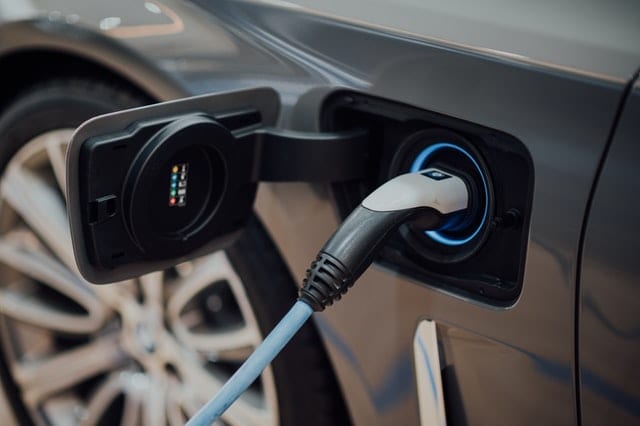
Are you one of the 24% of people in the UK who are considering electric vehicles or plug-in hybrid vehicle in the next five years?
New research from energy regulator Ofgem has found that one in four consumers have electric plans.
The research comes as Ofgem launches its COP26 ‘green, fair future’ campaign.
Their climate change committee is forecasting 18 million battery and plug-in hybrid electric vehicles on the road ahead of the ban on the sale of new petrol and diesel engine vehicles in 2030.
According to their research, those who own electric vehicles already are more open to embracing changes in how they use their energy.
Ofgem also found that electric vehicle owners are three times more likely to say they are on a time of use tariff than non-owners.
60% of electric vehicle owners would consider smart charging of their vehicles to avoid times when electricity is most expensive.
Although a growing number of people plan to make a move to an electric vehicle, 38% said they were unlikely to go electric in the next five years.
Read how green initiatives are even affecting pension decisions in a recent blog
There are various reasons for this resistance to change, including high prices for the vehicles, perceived short battery life or range, and worries about not finding a suitable charging location close to home.
74% of respondents identified electricity generation and transport, such as fossil fuel power stations and exhaust emissions, as activities that play a significant role in contributing to climate change.
However, only 60% of respondents identified domestic heating, including gas boilers, as playing a big part in climate change. Despite this, 14% plan to install low carbon home heating systems, such as heat pumps.
Jonathan Brearley, Ofgem’s chief executive, said:
“As more consumers make the switch to electric vehicles in the next five years, Ofgem will be announcing millions of pounds of investment to create a more flexible energy system to support the electrification of vehicles, renewable generation and low carbon forms of heat.
“Securing the investment is only half of the answer. Climate change can only be tackled if consumers are engaged in the process. For this to happen the transition to a low carbon economy needs to be fair, inclusive and affordable.
“Energy regulators have a key role to play in delivering this transition and we will be seeking to work with regulators across the world in the run up to the COP26 climate change talks to develop proposals that benefit consumers and the planet.”
